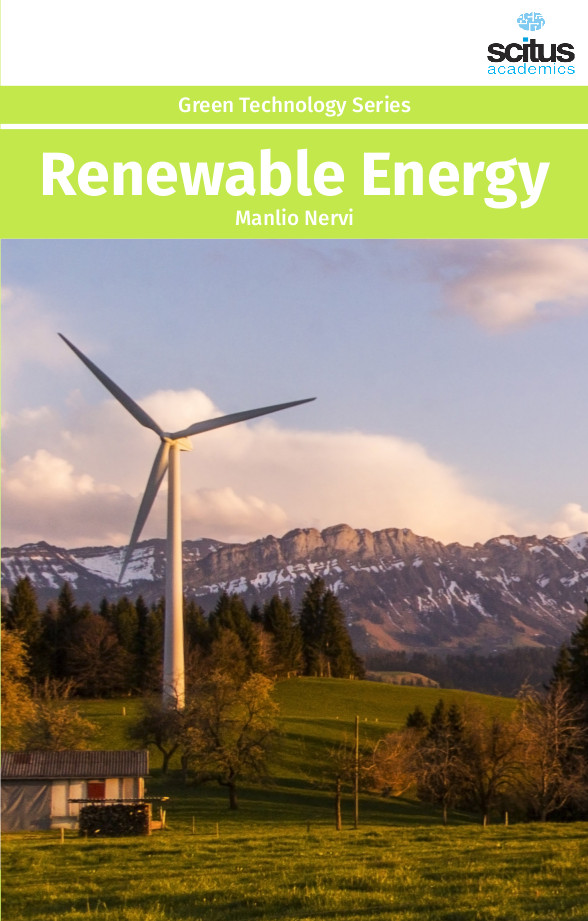In recent years, countries realized that that the renewable energy and its sector are key components for greener economies. Renewable energy technologies are critical contributors to world energy security, shrink reliance on fossil fuels, and offer opportunities for extenuating greenhouse gases. Newer and environmentally friendly technologies are able to provide different social and environmental benefits such as employment and decent environment. Renewable energy technologies are crucial contributors to world energy security, reduce reliance on fossil fuels, and provide opportunities for mitigating greenhouse gases. Over the last 200 years, people have become more and more dependent on energy that they dig out of ground. In the 1700’s, almost all our energy came from wind, water, firewood, or muscle power. The wind powered our windmills and sailing ships. Water powered our water wheels. Firewood did our cooking and heated our homes. Human did just about everything else. All these energy sources came from the sun, since solar energy drove wind and rain, grew trees, and grew crops to nourish our animals and ourselves. All these energy sources were also renewable, since wind kept blowing, rivers kept flowing, and trees and crops kept growing. Clean energy development is vital for combating climate change and limiting its most devastating effects. 2014 was the warmest year on record. The Earth’s temperature has risen by an average 0.85 °C since the end of the 19th Century, states National Geographic in its special November 2015 issue on climate change. Meanwhile, some 1.1 billion inhabitants (17% of the world population) do not have access to electricity. Equally, 2.7 billion people (38% of the population) use conventional biomass for cooking, heating and lighting in their homes – at serious risk to their health. As such, one of the objectives established by the United Nations is to achieve to access to electricity for everyone by 2030, an ambitious target considering that, by then, according to the IEA’s estimates, 800 million people will have no access to an electricity supply if current trends continue. Likewise, the transition to an energy system based on renewable technologies will have very positive economic consequences. According to the International Renewable Energy Agency (IRENA), doubling the renewable energy share in the world energy mix, to 36% by 2030, will result in additional global growth of 1.1% by that year (equivalent to 1.3 trillion dollars), a increase in wellbeing of 3.7% and in employment in the sector of up to more than 24 million people, compared to 9.2 million today.
This volume ‘Renewable Energy’ covers solar energy, wind energy, hybrid systems, biofuels, energy management and efficiency, optimization of renewable energy systems and much more. Consequently, the book presents the physical and technical philosophy of capable ways of using renewable energies. The contributed authors provide the important data and parameter sets for the major possibilities of renewable energies use which allocate an economic and environmental assessment. The book will be of interest for students, researchers, and people working on renewable energy systems.













